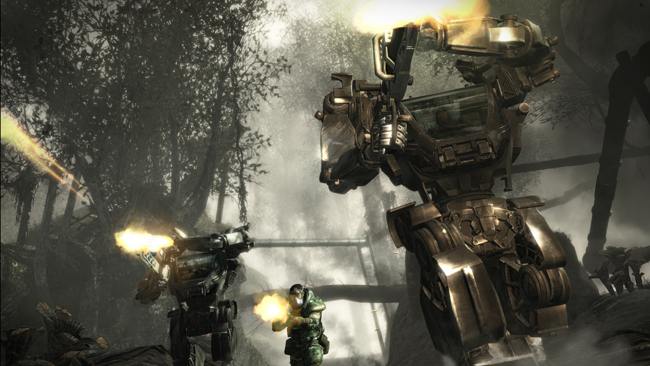"Hurt Locker" vs. "Avatar"

When it comes to budget or box office there is no contest. Kathryn Bigelow could probably make 20 "The Hurt Locker"s for what it cost James Cameron to make one "Avatar" and "Avatar" has taken in domestically for its first weekend about six times what "The Hurt Locker" has grossed during its entire release.
When it comes to the Oscars, though, it will be a different story. Both should face off in the Best Picture and Best Director category. The latter poses an intriguing situation. If Bigelow wins she will be the first woman to win an Oscar for Best Director. If Cameron wins and spoils that opportunity he can have the added satisfaction, or ignominy, of depriving his ex-wife of the prize. It will be the first time that I know of that an ex-husband and wife faced off at the Oscars in any category. It should make for some interesting reaction shots during the broadcast.
In terms of critical response both have done respectably, with Bigelow having an edge ("The Hurt Locker" scoring 98% on the Tomatometer and Avatar with 83%). Bigelow has also taken the lion's share of the critics awards. Both have their zealous defenders, and it would seem no too films could be more different. But I think people have overlooked how similar the films are, if not in style and aesthetics, than in themes.
Both refer to our involvement in Iraq, "Locker" directly and "Avatar" indirectly. And both also deal with our vicarious experience of the realities of those conflicts, and of reality in general. "Avatar" on one level is about how audiences have distanced themselves technologically from life, through video games and the media and the internet. The hero of the film is in effect a glorified game player who enters into combat via a surrogate. Like game players, he finds the experience tobe, at first, a big rush with no consequences since the life he is living is a disposable one and he is in reality safely ensconced in a play station-like pod far from the danger.

In a way, he's also not unlike the technicians who fly drones in Afghanistan and Iraq and who engage in warfare through a video screen and a joy stick. In "Avatar," however, the hero passes beyond mere vicarious play and recognizes the "humanity" of the alien characters he is involved with. (Unfortunately some viewers of the movie are unable to do the same, myself included).
Similarly, in "The Hurt Locker" the hero also regards his work as a demolitions expert as a kind of game and he is also detached from his experience protected (if marginally) by an armored, pod-like suit.

And he too crosses over to emotional involvement once he recognizes that the "aliens" he is involved with are human, too.
So I see this upcoming Oscar contest as unusually significant. Not just for the personal drama or the historical possibilities but because it might well bring to our attention the growing distance between the real world and how we are experiencing it.
















